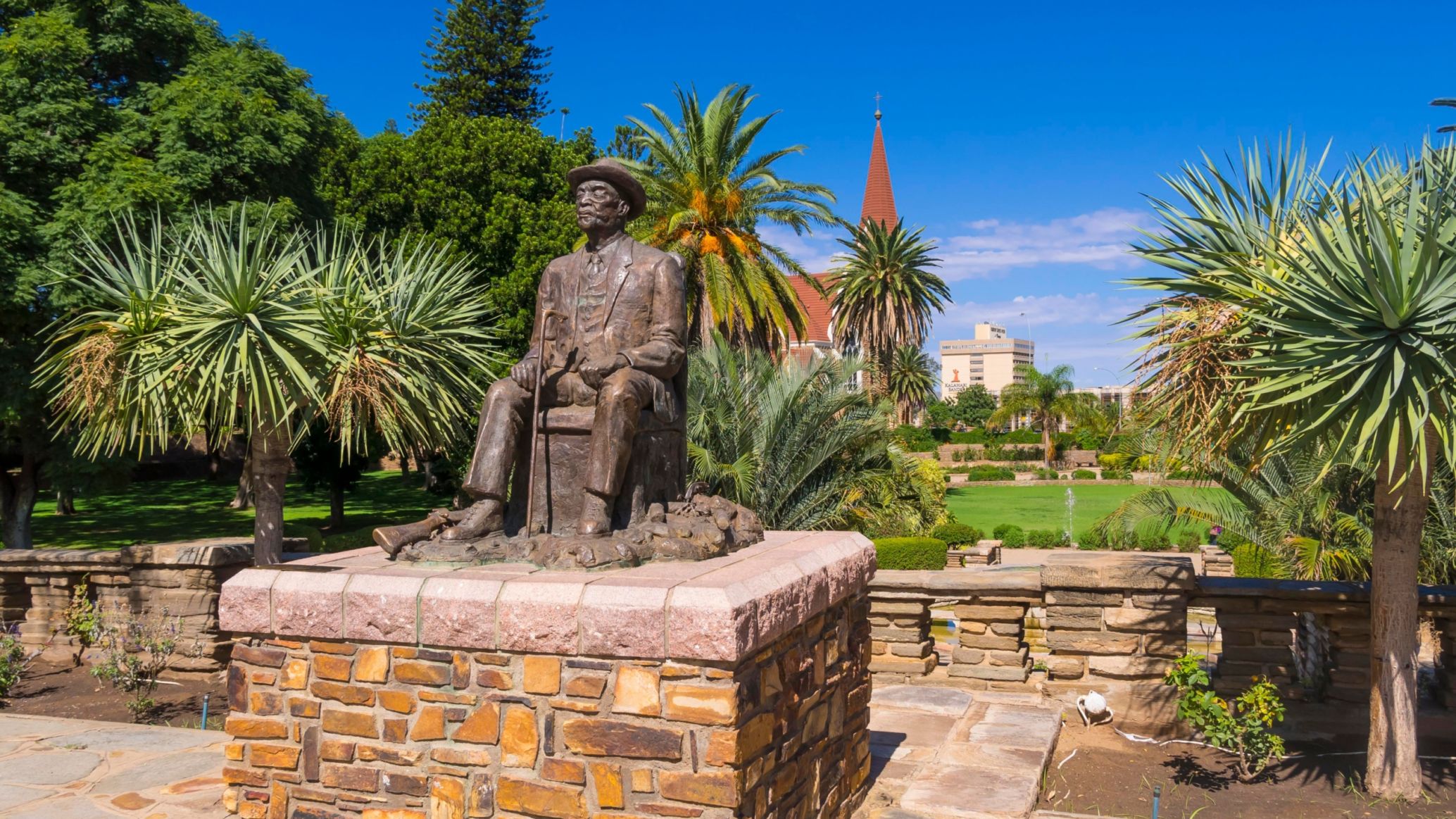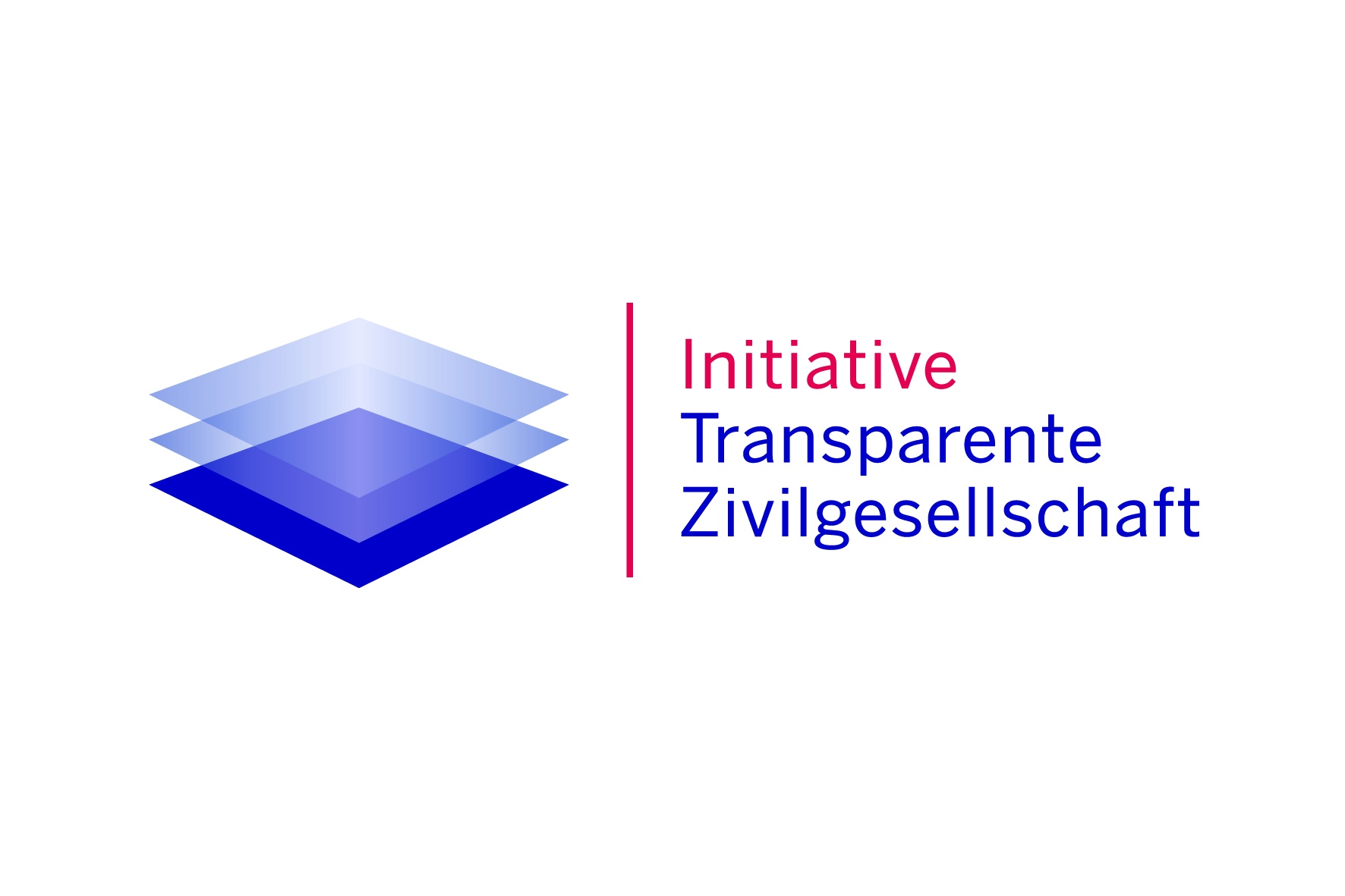After years of negotiations, Germany and Namibia have reached an agreement: The Federal Republic of Germany classifies the numerous murders of the Herero and Nama as genocide.
The Violence Against the Herero and Nama People
From 1884 to 1915, the German Reich was the colonial power in what is now Namibia (formerly the colony of German South-West Africa). During this time, more and more Germans settled and took over land and water supplies. The Herero and Nama ethnic groups, who lived from cattle breeding, feared for their existence. They did not want to accept this situation and the superior thinking of the Germans and revolted against the colonial masters.
In the uprisings between 1904 and 1908, about 65,000 to 80,000 Herero and at least 10,000 Nama were killed.
Although there have been many colonial wars in history, the fighting rarely had such devastating consequences as in the colony of German South-West Africa from 1904 onwards.
The Reconciliation
More than 110 years later, the German government, according to Foreign Minister Heiko Maas, recognises the colonial crimes as genocide. However, the declaration is not only about forgiveness, it also involves an amount in the billions. In the following 30 years, Germany supports the descendants of the Herero and Nama with a total of 1.1 billion euros. The money is intended to support various projects in settlement areas of the two ethnic groups. These include rural infrastructure, agriculture, land reform, water supply and vocational training.
Critical Voices From Namibia
Criticism of the agreement comes from Namibia itself. Although representatives of the Herero and Nama were involved in the negotiations between Germany and Namibia, not all organisations of the ethnic groups were involved. They fear that not the best for them was negotiated. In addition, opposition politicians in the Namibian government plead for reparations to be paid directly to the descendants of the Herero and Nama and not through the government.
The German government rejected reparations. It emphasised that the recognition of the genocide and the substantive programme are about a political-moral obligation from which no legal claims for compensation arise.









